Hello, pet lovers! 🐹
Guinea pigs (Cavia porcellus) are among the most beloved small pets—adorable, social, and full of personality. These charming rodents make fantastic companions for families, singles, and first-time pet owners alike. In this detailed guide, we’ll cover everything you need to know about guinea pigs, from their behavior and daily care to costs and long-term commitments.
Whether you’re considering adopting one (or a pair!) or just curious about these squeaky little friends, this review will help you decide if a guinea pig is the right pet for you.
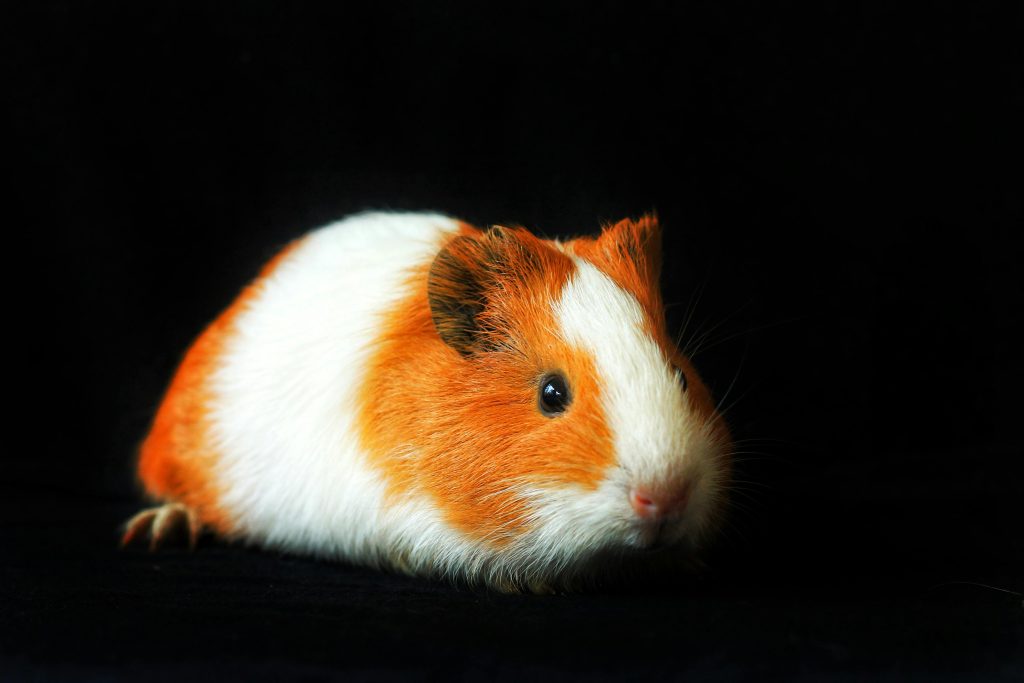
Overview
Guinea pigs, also known as cavies, are small, docile rodents originally from South America. Unlike their name suggests, they are neither pigs nor from Guinea! These social animals thrive in pairs or groups and are known for their vocalizations, gentle nature, and relatively long lifespan.
Here’s a quick summary of what makes them special:
- Handling & Temperament: Friendly and interactive but require gentle handling.
- Care & Maintenance: Moderate maintenance—needs daily feeding, cleaning, and social interaction.
- Health & Durability: Generally hardy but sensitive to diet and temperature changes.
- Availability: Widely available at pet stores, breeders, and rescues.
- Cost: Affordable initial setup but recurring costs for food and bedding.
Overall: A wonderful pet for those willing to commit to daily care and social interaction.
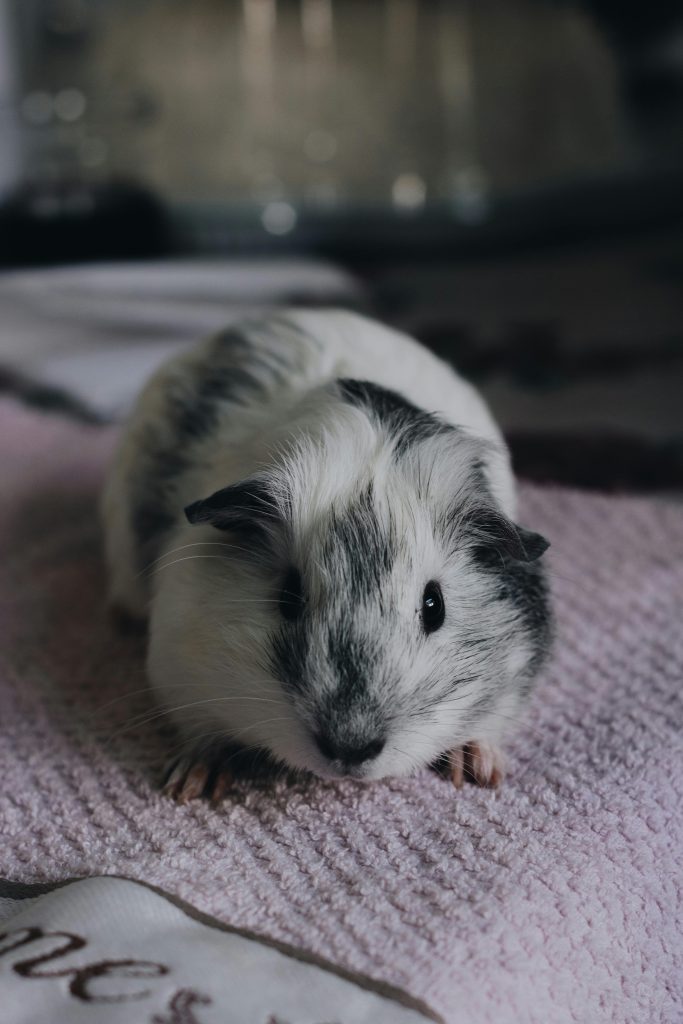
Why Choose a Guinea Pig?
Guinea pigs are ideal for people who want an affectionate, interactive pet without the high energy demands of a dog or cat. Their vocalizations (wheeking, purring, chutting) make them engaging, and their social nature means they bond strongly with their owners.
They’re also great for children (with supervision) due to their gentle disposition, though they require adult involvement for proper care. Unlike hamsters (which are nocturnal), guinea pigs are active during the day, making them more interactive when you’re awake.
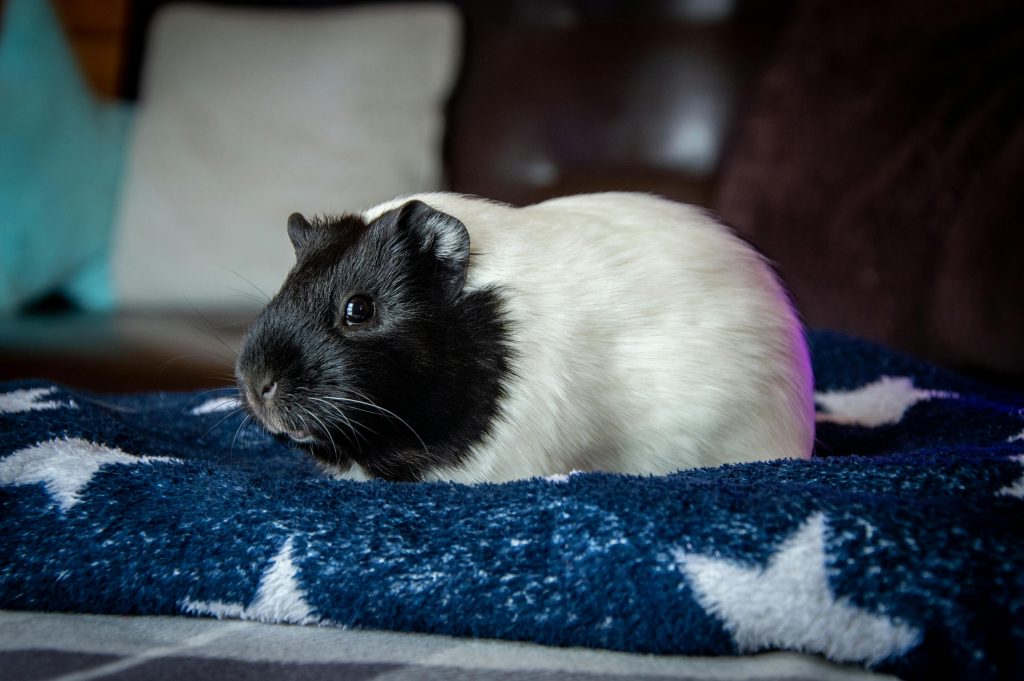
Handling and Temperament
Guinea pigs are naturally social and enjoy human interaction, but they can be shy at first. With patience, they become comfortable being held and even seek out attention.
Personality Traits
- Curious & Playful: They love exploring safe spaces outside their cage.
- Vocal: They “wheek” loudly when excited (especially at meal times!).
- Affectionate: Many enjoy being petted and will snuggle once they trust you.
Handling Tips
- Support their body fully—never pick them up by the legs or scruff.
- Start slow with short sessions to build trust.
- Supervise children, as rough handling can scare or injure them.
Do Guinea Pigs Bite?
Rarely! Biting usually happens only if they feel threatened or mistake fingers for food. Proper handling minimizes this risk.
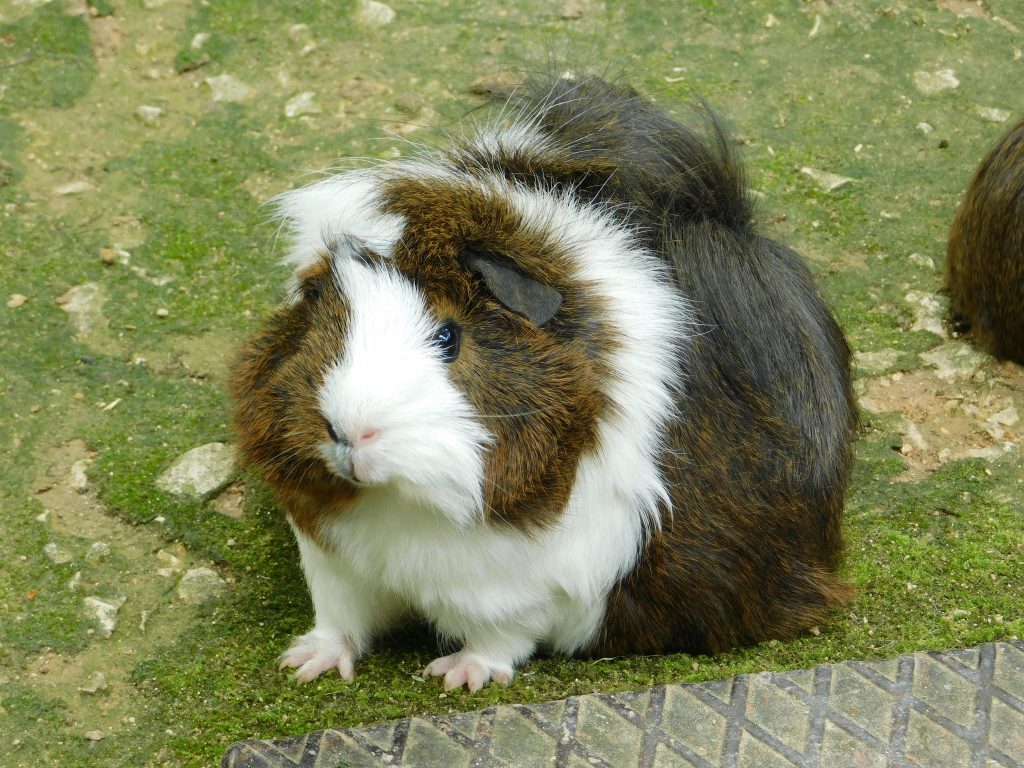
Care and Maintenance
Guinea pigs require daily attention, but their care routine is straightforward once established.
Enclosure Setup
- Minimum Size: 7.5 sq ft for one guinea pig, but 10.5 sq ft for two is ideal.
- Cage Type: Solid-bottom cages (no wire floors) to protect their feet.
- Bedding Options:
- Fleece liners (reusable, cost-effective, but need frequent washing).
- Paper-based bedding (absorbent but requires regular changing).
- Hideouts & Enrichment: Tunnels, hay racks, and chew toys keep them entertained.
Diet & Nutrition
A guinea pig’s diet must include:
- Unlimited Timothy hay (for digestion and teeth health).
- Fresh vegetables daily (bell peppers, romaine lettuce, cilantro).
- Vitamin C-rich foods (they can’t produce it naturally!).
- Pellets (fortified with Vitamin C, but not the main diet).
🚫 Avoid: Iceberg lettuce, onions, chocolate, and high-calcium veggies.
Cleaning Routine
- Spot-clean daily (remove soiled bedding).
- Full clean weekly (replace all bedding, wash fleece).
- Nail trims every 4-6 weeks.
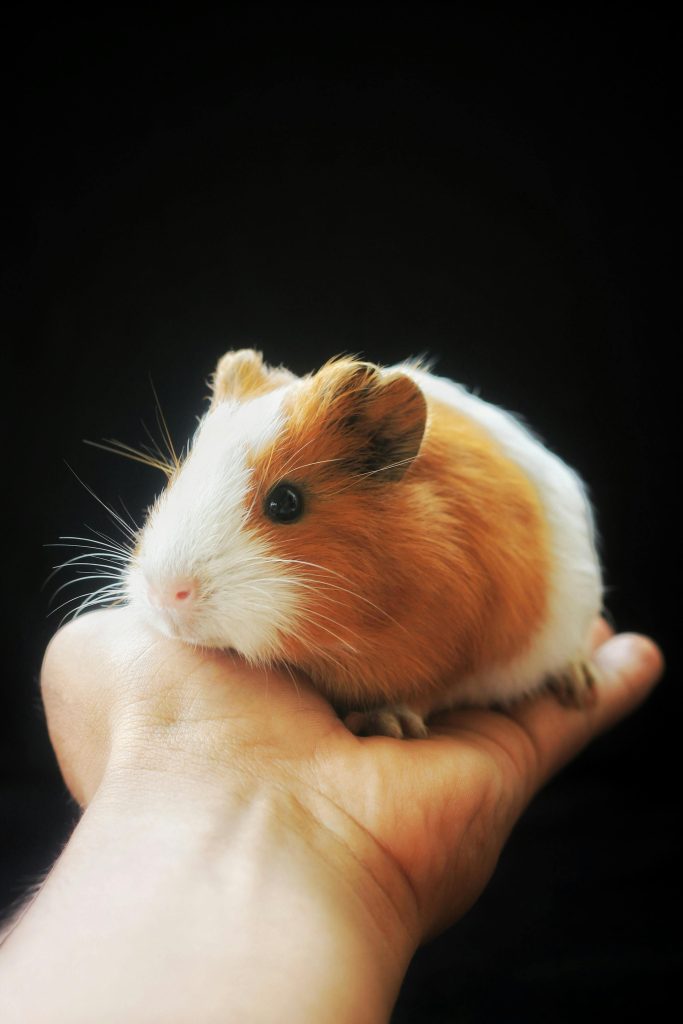
Health and Durability
Guinea pigs are generally healthy but prone to a few key issues:
Common Health Problems
- Respiratory infections (from damp or dirty bedding).
- Scurvy (Vitamin C deficiency—lethargy, poor coat).
- Dental issues (overgrown teeth from lack of hay).
- Bloat or GI stasis (from improper diet).
Preventative Care
- Regular vet check-ups (exotic pet vets only).
- Proper diet & clean water.
- Avoid extreme temperatures (they overheat easily).
With good care, guinea pigs live 5-7 years, sometimes longer!
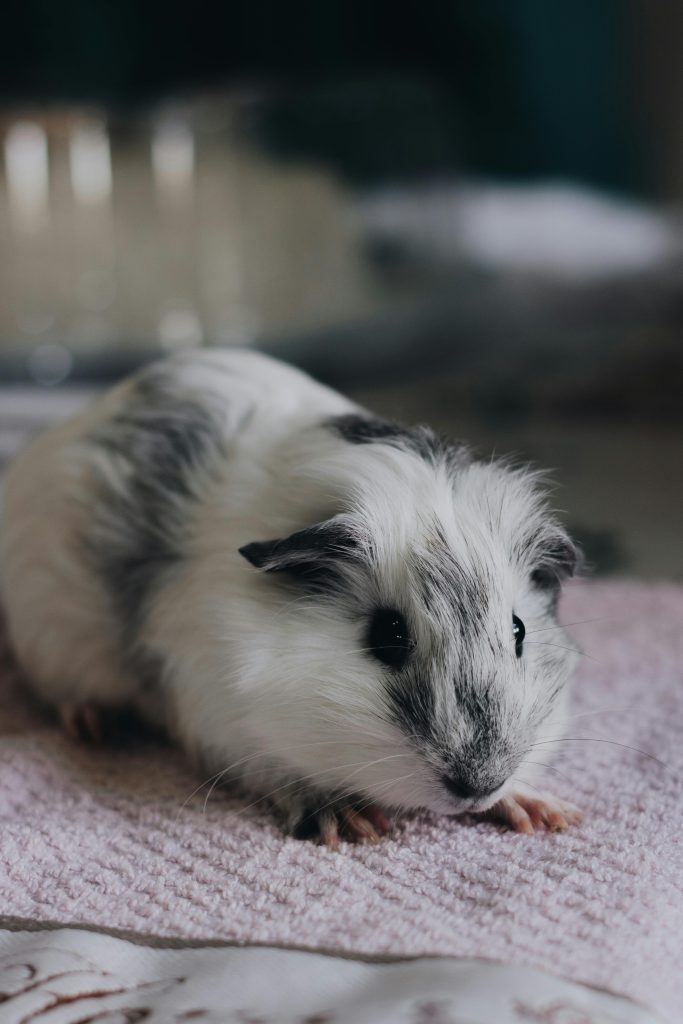
Availability and Cost
Where to Buy
- Rescues & Shelters (often have bonded pairs).
- Reputable Breeders (for specific breeds like Skinny Pigs or Abbys).
- Pet Stores (check for healthy, well-cared-for pigs).
Initial & Recurring Costs
| Expense | Estimated Cost |
|---|---|
| Cage & Setup | $80 – $150 |
| Monthly Food & Bedding | $30 – $50 |
| Vet Visits | $50 – $100 per check-up |
💡 Adoption Tip: Many rescues offer guinea pigs at lower costs, often already spayed/neutered.
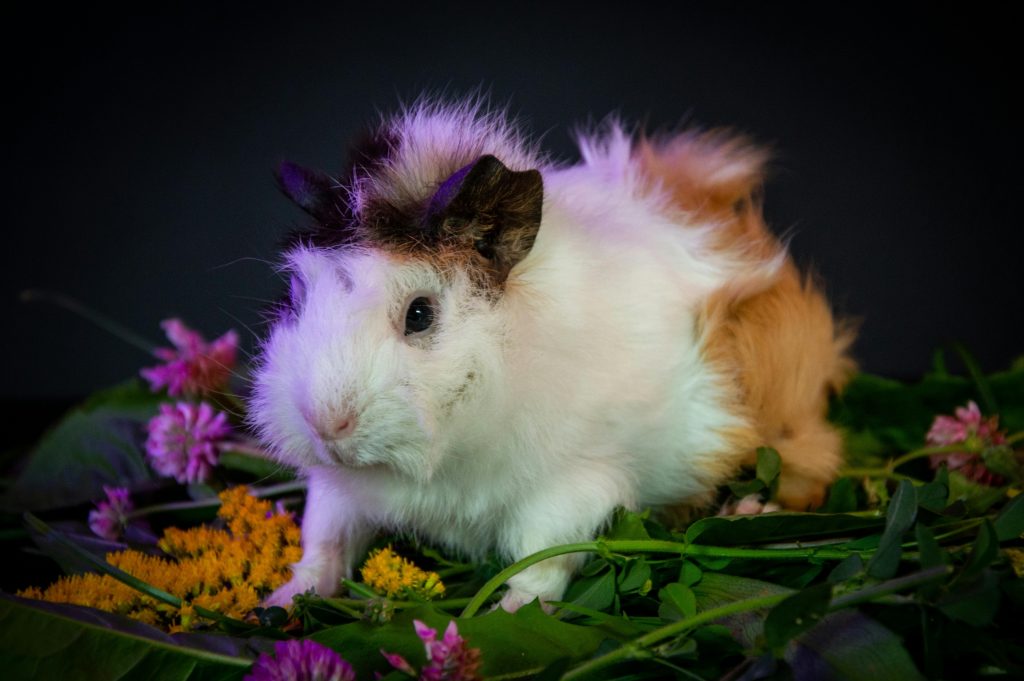
Pros and Cons
Pros
✅ Very social and interactive (love companionship).
✅ Long lifespan for a small pet (5-7+ years).
✅ Great for families (gentle, kid-friendly).
✅ Minimal odor (if cleaned regularly).
Cons
❌ Daily cleaning required (messy eaters!).
❌ Need large space (not suitable for tiny apartments).
❌ Sensitive to diet changes (must monitor Vitamin C).
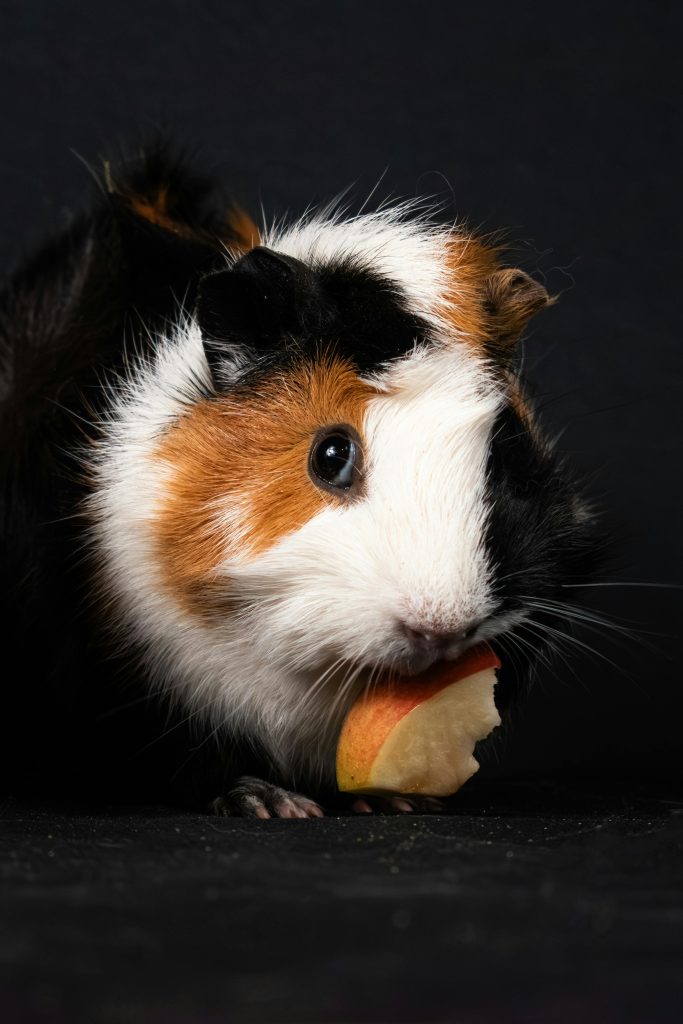
Final Thoughts
Guinea pigs are fantastic pets for those willing to provide daily care, proper diet, and social interaction. Their playful personalities and vocal charm make them endearing companions, but they do require a consistent routine.
If you’re ready for the commitment, a guinea pig (or better yet, a pair!) can bring years of joy. Always adopt responsibly and ensure you can meet their needs before bringing one home.
Have experience with guinea pigs? Share your stories in the comments below! 🐹💬
For more small pet guides, stay tuned—and don’t forget to subscribe for the latest updates!

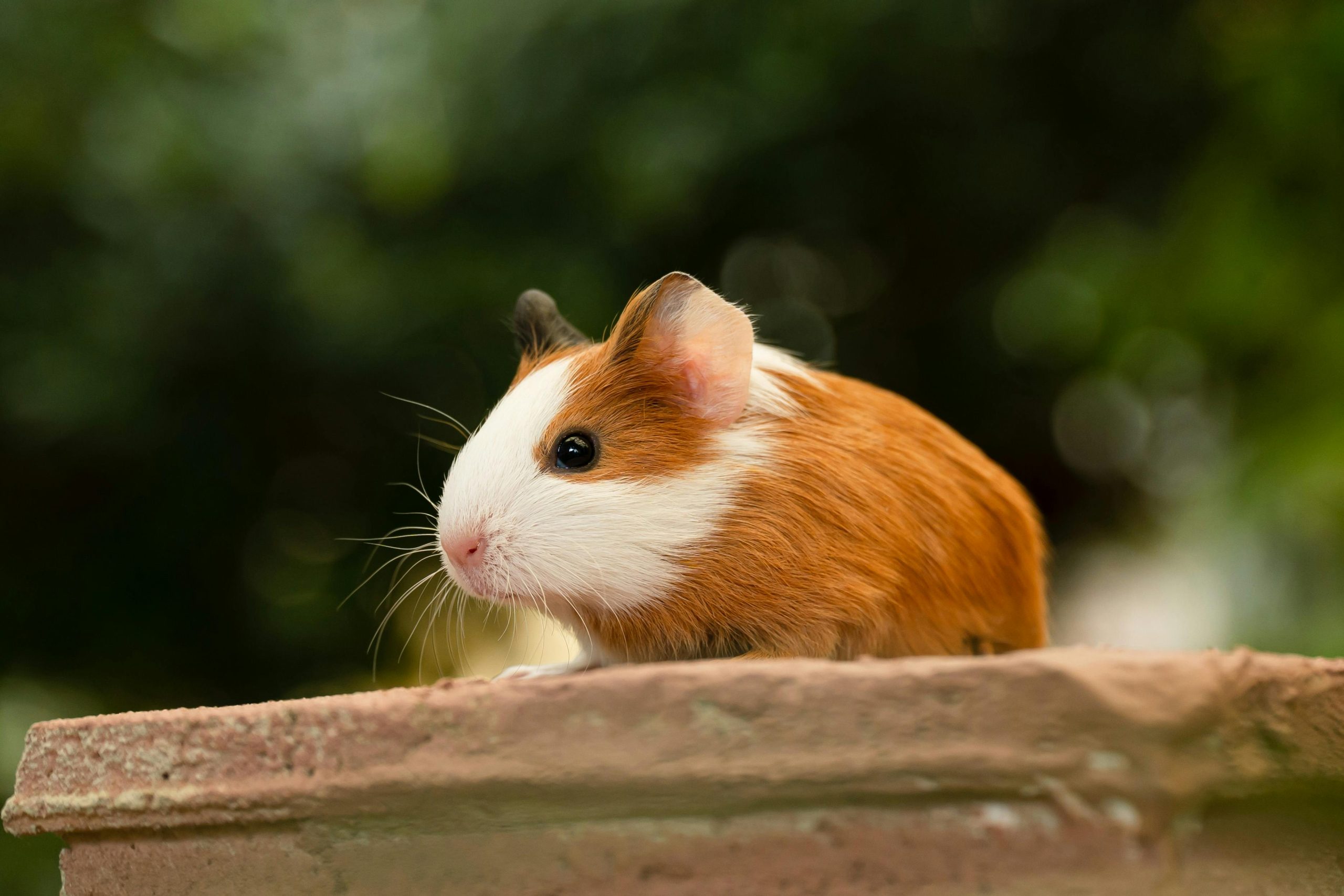

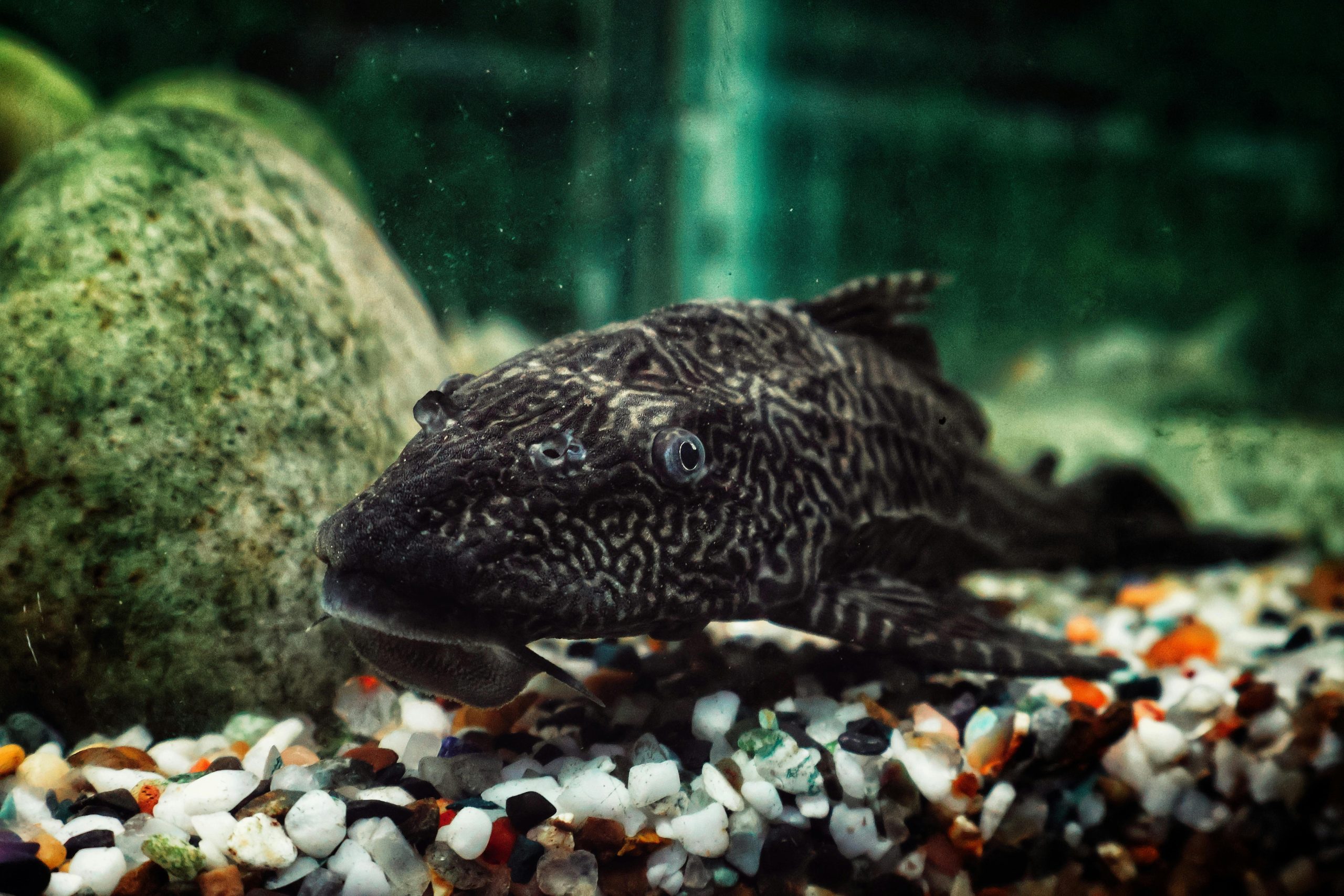
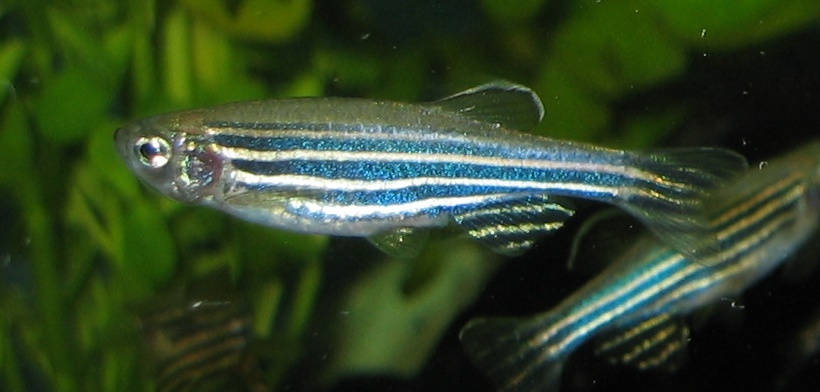
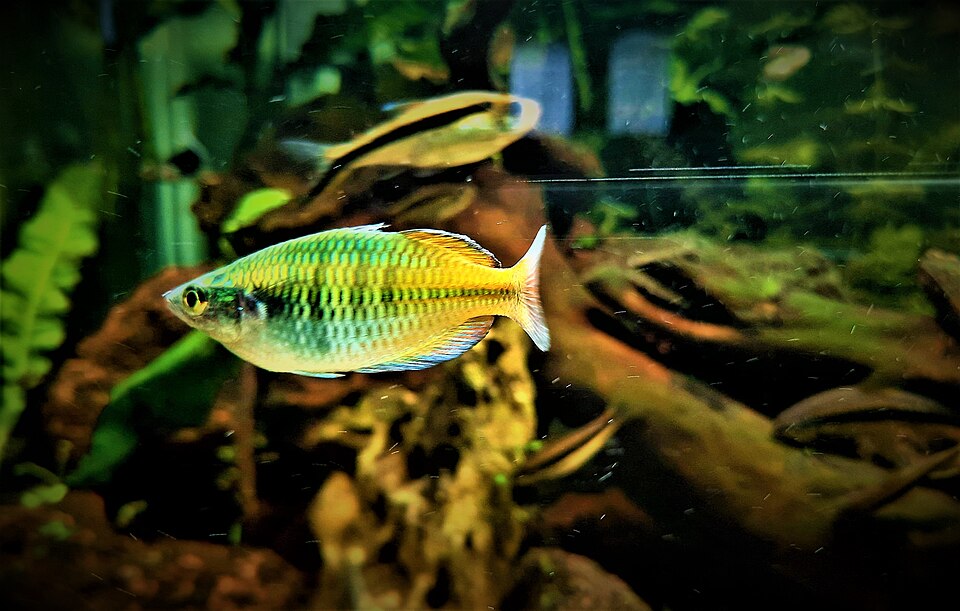
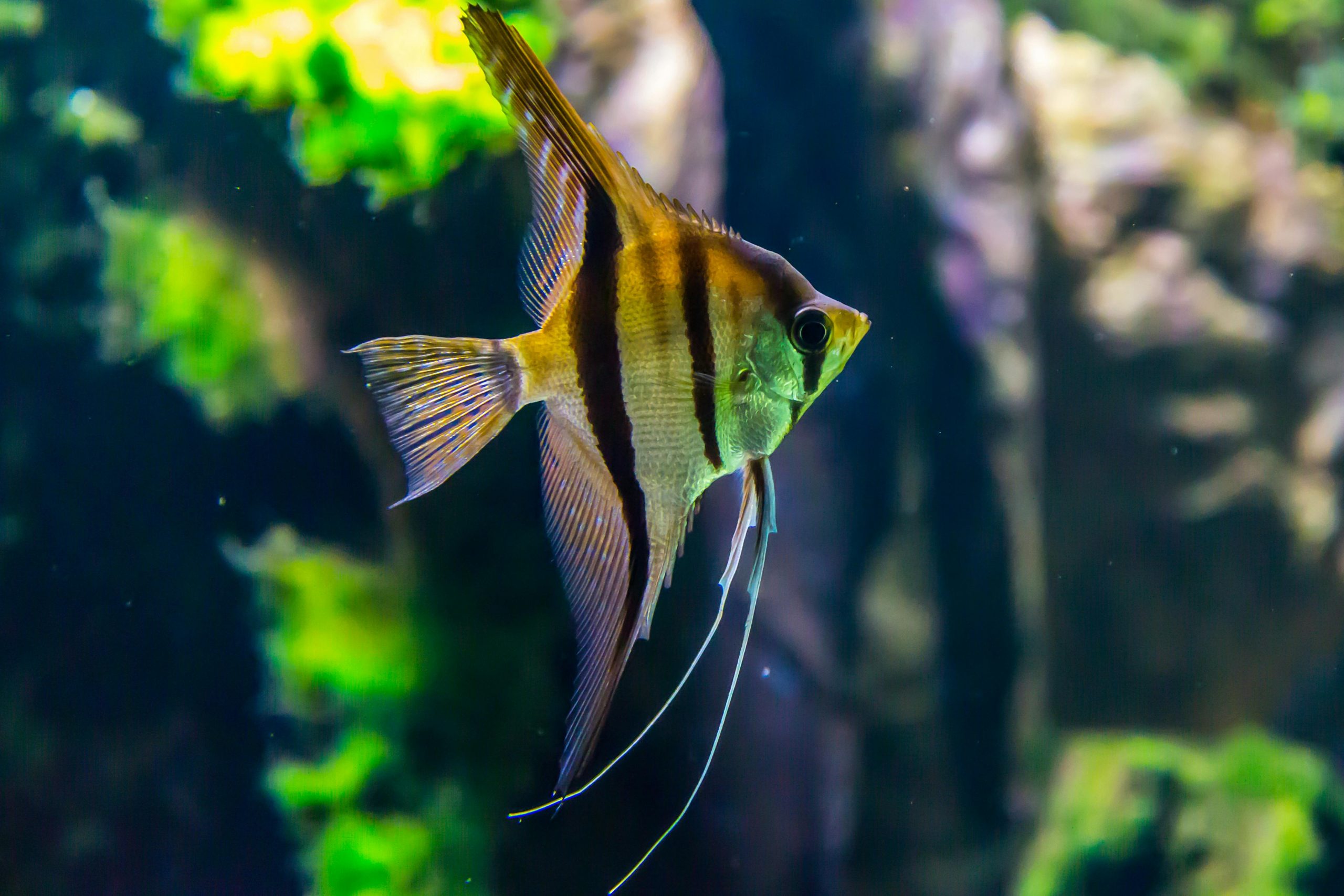
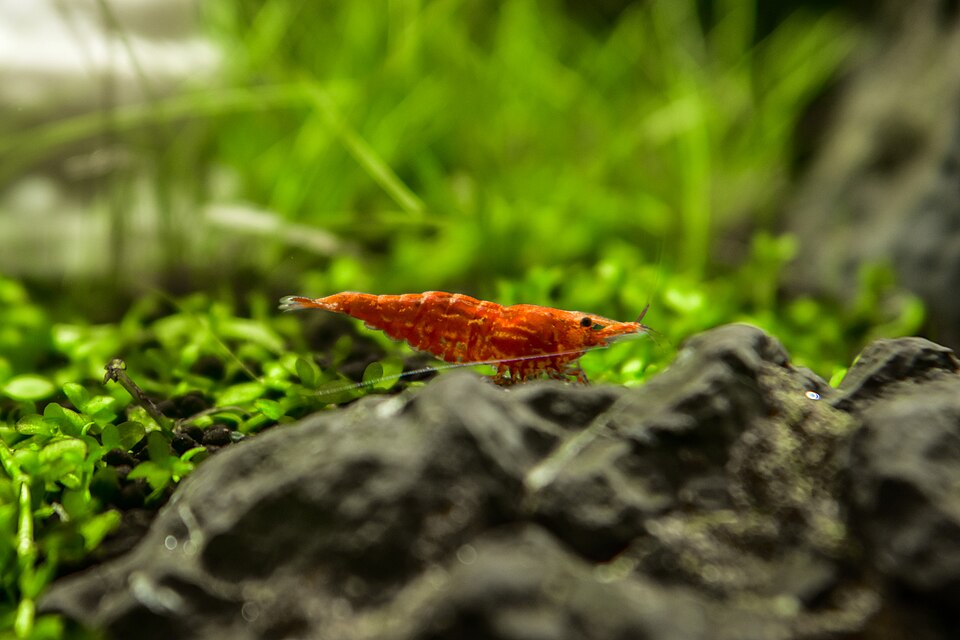
Leave a Reply